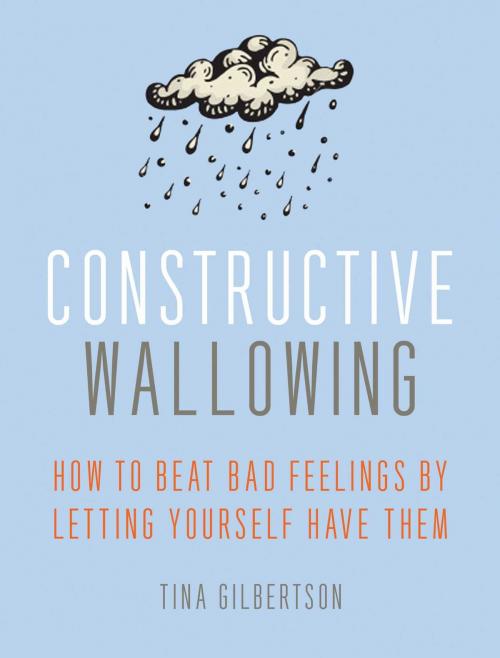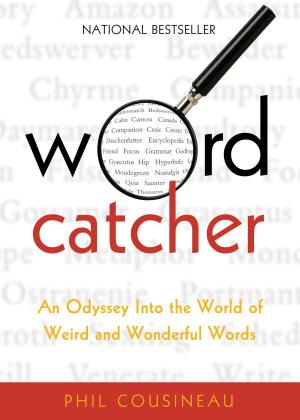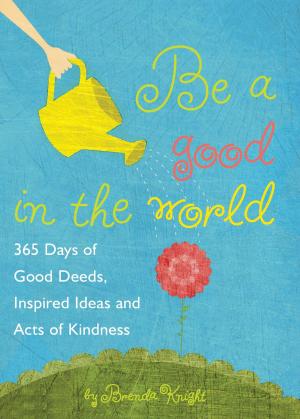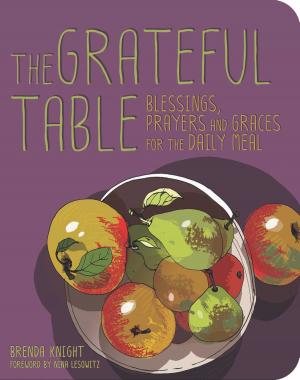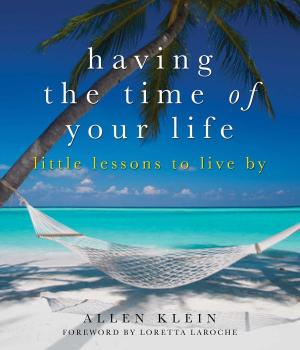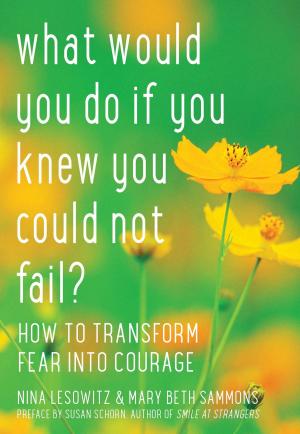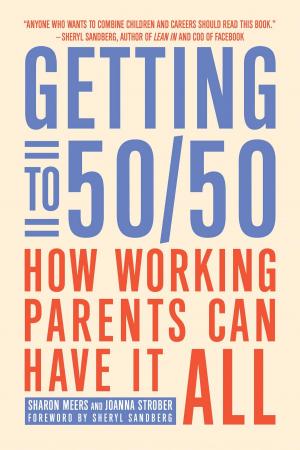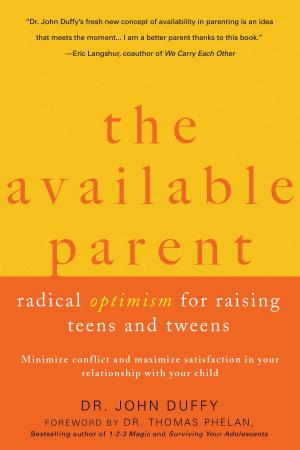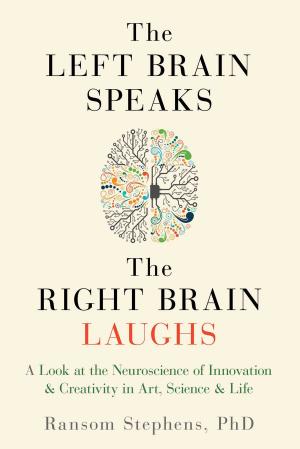Constructive Wallowing
How to Beat Bad Feelings by Letting Yourself Have Them
Nonfiction, Health & Well Being, Psychology, Emotions, Religion & Spirituality, New Age, Personal Transformation, Self Help, Self Improvement, Motivational| Author: | Tina Gilbertson | ISBN: | 9781936740963 |
| Publisher: | Viva Editions | Publication: | May 19, 2014 |
| Imprint: | Viva Editions | Language: | English |
| Author: | Tina Gilbertson |
| ISBN: | 9781936740963 |
| Publisher: | Viva Editions |
| Publication: | May 19, 2014 |
| Imprint: | Viva Editions |
| Language: | English |
“Constructive wallowing” seems like an oxymoron. Constructive is a good thing, but wallowing is bad. Right? But wait a minute; is it really so terrible to give ourselves a time-out to feel our feelings? Or is it possible that wallowing is an act of loving kindness, right when we need it most? Just about everyone loves the idea of self-compassion -- the notion that maybe in spite of our messy emotions and questionable behavior, we really aren’t all that bad. In recent years there’s been an explosion of books that encourage readers to stop beating themselves up for being human, which is terrific. Unfortunately, readers who aren’t interested in Buddhism or meditation have been left out in the cold. Self-compassion is an everyday habit that everyone can learn, even if they a) aren't particularly spiritual, b) find most books about self-compassion too serious, or else c) have already overdosed on meditation. Constructive Wallowing: How to Beat Bad Feelings by Letting Yourself Have Them is the first book to cut right to the chase, bypassing descriptions of Eastern philosophy and meditation techniques to teach readers exactly how to accept and feel their feelings with self-compassion for greater emotional health and well-being … while making them laugh from time to time. It seems that the wisdom of “keeping your friends close and your enemies closer” applies to emotions as well as people. It’s tempting to turn away from menacing, uncomfortable feelings like anger, grief or regret and treat them like unwanted guests; however, ignoring them just seems to make them stick around. They lurk in the background like punks with switchblades, waiting to pounce as soon as they see an opening. By learning to accept and embrace, rather than suppress, difficult feelings, people can keep their sense of personal power and, better yet, gain greater understanding and ultimately esteem for themselves. Feeling bad can actually lead to feeling better, faster!
“Constructive wallowing” seems like an oxymoron. Constructive is a good thing, but wallowing is bad. Right? But wait a minute; is it really so terrible to give ourselves a time-out to feel our feelings? Or is it possible that wallowing is an act of loving kindness, right when we need it most? Just about everyone loves the idea of self-compassion -- the notion that maybe in spite of our messy emotions and questionable behavior, we really aren’t all that bad. In recent years there’s been an explosion of books that encourage readers to stop beating themselves up for being human, which is terrific. Unfortunately, readers who aren’t interested in Buddhism or meditation have been left out in the cold. Self-compassion is an everyday habit that everyone can learn, even if they a) aren't particularly spiritual, b) find most books about self-compassion too serious, or else c) have already overdosed on meditation. Constructive Wallowing: How to Beat Bad Feelings by Letting Yourself Have Them is the first book to cut right to the chase, bypassing descriptions of Eastern philosophy and meditation techniques to teach readers exactly how to accept and feel their feelings with self-compassion for greater emotional health and well-being … while making them laugh from time to time. It seems that the wisdom of “keeping your friends close and your enemies closer” applies to emotions as well as people. It’s tempting to turn away from menacing, uncomfortable feelings like anger, grief or regret and treat them like unwanted guests; however, ignoring them just seems to make them stick around. They lurk in the background like punks with switchblades, waiting to pounce as soon as they see an opening. By learning to accept and embrace, rather than suppress, difficult feelings, people can keep their sense of personal power and, better yet, gain greater understanding and ultimately esteem for themselves. Feeling bad can actually lead to feeling better, faster!
